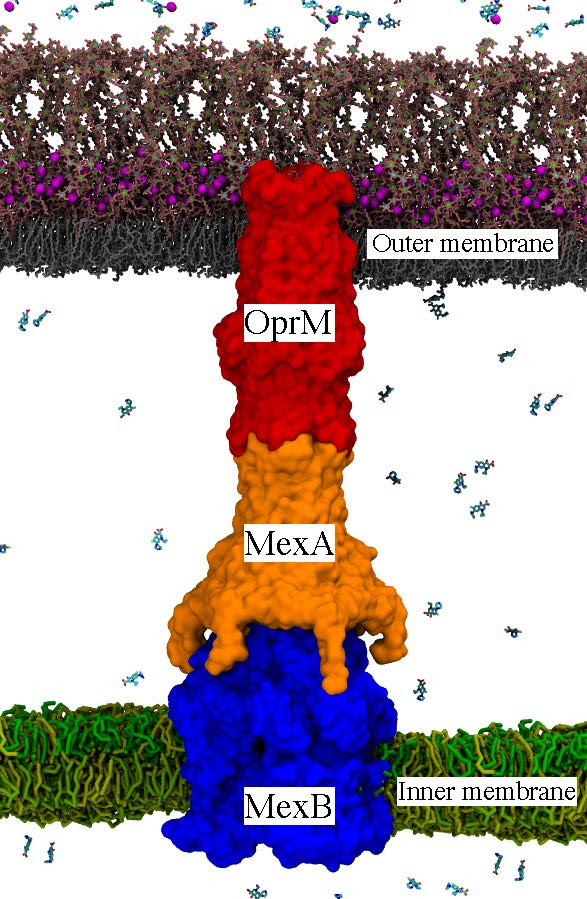Cosmic rays from supernovae can influence Earth´s cloud cover and how that influences climate could be useful for making better models.
A new study shows how atmospheric ions, produced by the energetic cosmic rays raining down through the atmosphere,help the growth and formation of cloud condensation nuclei – the seeds necessary for forming clouds in the atmosphere. When the ionization in the atmosphere changes, the number of cloud condensation nuclei changes affecting the properties of clouds.
More cloud condensation nuclei mean more clouds and a colder climate, and vice-versa.
Too much caffeine is bad for you. It's very risk to buy powdered caffeine for that reason. But it's addictive and people do it. Likewise, too much nicotine is bad for you and you can't shouldn't buy undiluted optically pure nicotine and start inhaling it.
But young people will do risky things. Some may smoke marijuana or cigarettes, some may get addicted to alcohol or drugs. Young people who take up vaping rather than opioids today are a lot better off than a generation ago.
Though CO2 emissions have plummeted in the United States, as developing nations achieve prosperity they will want air conditioners, sanitation and food - and those all require energy. They sure are not going to let already wealthy nations tell them they must be stuck with solar panels.
So climate change may still happen, at least if energy technology stops and fossil fuel use does not. If so, how will plant species will respond to climate change? A 16-year experiment may provide answers. Of course, the experiment is small, the size of two football fields inside the Garraf National park southwest of Barcelona, but it is home to many protected species. So even if it can't model an ecosystem it can model part of one.
In 2007, there was a ban that increased happiness for married women, but not men, according to the British Household Panel Survey.
Transport proteins called efflux pumps, and their role in creating drug-resistance in bacteria, could lead to improving effectiveness of drugs against life-threatening diseases and perhaps even bring defunct antibiotics back to prominence.
When pharmacy professionals — rather than doctors or nurses — take medication histories of patients in emergency departments, mistakes in drug orders can be reduced by more than 80 percent, according to a recent paper.
Injuries resulting from medication use are among the most common types of inpatient injuries at U.S. hospitals, affecting hundreds of thousands of patients every year. Errors in medication histories can lead physicians to order the wrong drug, dose or frequency.
 What Next For Messenger RNA (mRNA)? Maybe Inhalable Vaccines
What Next For Messenger RNA (mRNA)? Maybe Inhalable Vaccines Toward A Single Dose Smallpox And Mpox Vaccine With No Side Effects
Toward A Single Dose Smallpox And Mpox Vaccine With No Side Effects ChatGPT Is Cheaper In Medicine And Does Better Diagnoses Even Than Doctors Using ChatGPT
ChatGPT Is Cheaper In Medicine And Does Better Diagnoses Even Than Doctors Using ChatGPT Even After Getting Cancer, Quitting Cigarettes Leads To Greater Longevity
Even After Getting Cancer, Quitting Cigarettes Leads To Greater Longevity








